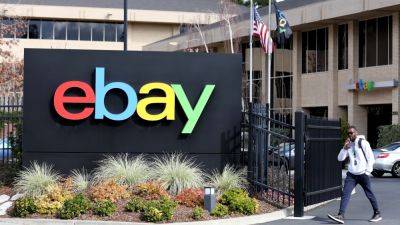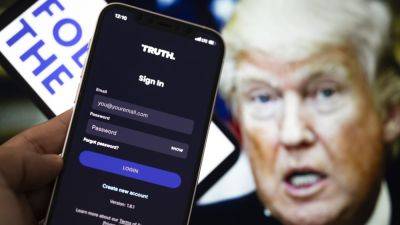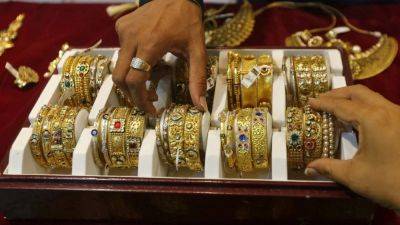US election as an epistemological crisis
America is in the grip of a crisis of truth and its political and electoral systems are under duress. Losing the connection between what is true and what is fiction could have enormous consequence in the middle of this US election campaign.
Academics refer to this as an epistemological crisis, a situation where different people believe different “truths” and it becomes difficult to get a shared understanding of key facts. This, they argue, can lead to polarisation and potentially, even, an ungovernable country, based on an inability to decide on what is factually correct.
Jonathan Rauch, the journalist and author of “The Constitution of Knowledge: A Defense of Truth”, says historically disagreement about what is true has, on some occasions, led to untold killing and suffering.
Right now in the US, it’s clear that there are massive differences in what people believe is true. Polls show, for instance, that around 69% of Republicans and Republican-leaning voters think the 2020 election result was not legitimate and that Joe Biden did not win.
This division is amplified by what is happening in and around the campaigns, and the use of new and developing techniques. The Trump campaign, for instance, continues to make claims that the 2020 election was stolen.
Sharing misinformation (that is, when inaccurate content is disseminated but not with the intent to mislead) has always been part of political life, but it is now quickly amplified by social media. Spreading disinformation takes this to the next level when organizations or individuals deliberately spread lies. But the means to do so have grown more sophisticated, as demonstrated in the recent Moldovan election, where a massive Russian disinformation campaign was







